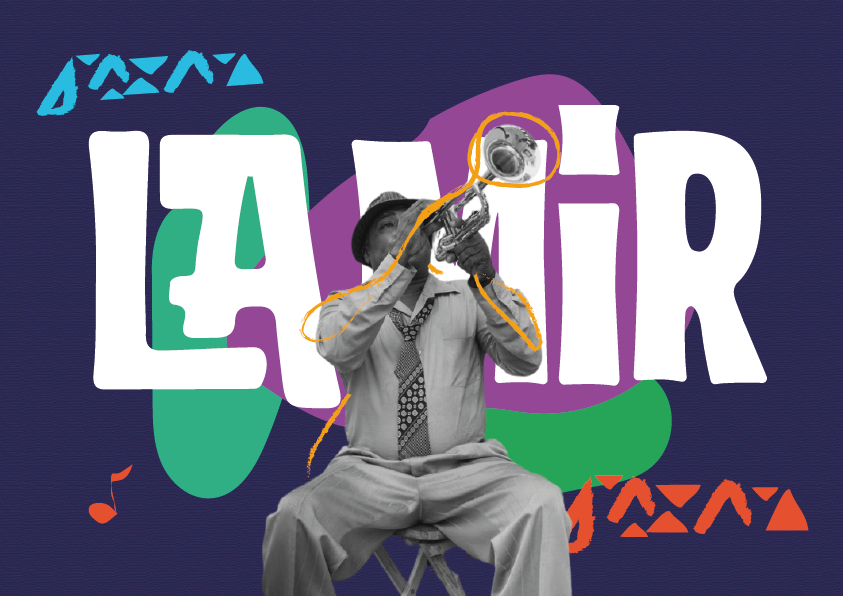Tutorial for LAMIR 2024 Hackathon#
By Giovana Morais, Richa Namballa, Xavier Juanola, Martín Rocamora and Magdalena Fuentes

Welcome Message#
Welcome to the LAMIR 2024 Hackathon tutorial on Adapting Deep Learning Models for Latin American Music Tasks with Little Data.
Latin American music presents a wealth of rhythmic diversity and complexity that is still underrepresented in Music Information Retrieval (MIR) tasks. This hackathon focuses on adapting state-of-the-art deep learning models to tackle well-known MIR tasks—specifically beat tracking and source separation—tailored to Latin American music using very little annotated data. Inspired by the work of Maia et al. (“Adapting Meter Tracking Models to Latin American Music”), this tutorial bridges cutting-edge MIR research with cultural specificity and data-efficient methods.
As a prerequisite, basic experience with Python notebooks is required. This tutorial is not an exaustive introduction to deep learning or beat tracking. Our goal is to give practitioners a headstart on these topics and its application to Latin American Music, so they can hopefully apply these ideas to other MIR tasks and Latin American music genres and instruments. If you are interested in learning more about the different topics that we touch during this tutorial, please see our references.
Jump Right In#
For those eager to start exploring, practical code examples are available in this Google Colab notebook:
Desired Outcomes#
Through participation in the LAMIR 2024 Hackathon or by following the material on your own, we aim to achieve the following outcomes:
A deeper understanding of adapting deep learning models to rhythm tasks in culturally diverse contexts, focusing on Latin American music.
Insight into the challenges of working with minimal data and strategies for overcoming them using transfer learning and model fine-tuning.
Practical knowledge of building, training, and evaluating models for tasks like beat tracking using data loaders from the MIR community.
Specifically, participants will gain hands-on experience in:
Working with datasets that include rhythms and instruments from Latin American traditions, using
mirdata.Adapting pre-existing deep learing models with minimal annotations, using
PyTorch Lightning.Explore model and data configurations and their impact in models’ performance, using
Google ColabandWeights and Biases.
How to Reference this Book#
@book{lamir_hackathon:book,
Author = {Giovana Morais, Richa Namballa, Xavier Juanola, Martín Rocamora, Magdalena Fuentes},
Month = Dec.,
Publisher = {https://lamir-workshop.github.io/lamir_hackathon/},
Title = {{LAMIR HAckathon: Adapting Deep Learning Models for Latin American Music Tasks}},
Year = 2024,
Url = {https://lamir-workshop.github.io/lamir_hackathon/}
}
LICENSE#
Attribution-NonCommercial-ShareAlike 4.0 International
